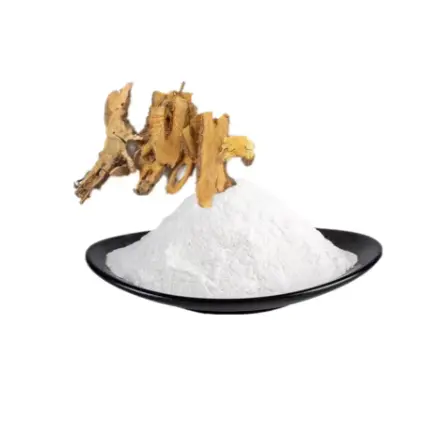
How the Body Absorbs Resveratrol Powder?
Gastrointestinal Absorption
When consumed orally, resveratrol powder undergoes a complex absorption process in the gastrointestinal tract. The compound is primarily absorbed in the small intestine through passive diffusion. However, the efficiency of this absorption is relatively low due to several factors, including the compound's low water solubility and rapid metabolism.
Studies have shown that only a small fraction of ingested resveratrol reaches the bloodstream intact. This low bioavailability is largely attributed to extensive metabolism in the gut and liver, where enzymes rapidly convert resveratrol into various metabolites.
Metabolism and Bioavailability
Upon absorption, resveratrol undergoes extensive metabolism in the liver through a process called glucuronidation. This process involves the addition of glucuronic acid to resveratrol, forming resveratrol glucuronides. While this metabolism is essential for the body to process and eliminate compounds, it significantly reduces the amount of free resveratrol available in the bloodstream.
The rapid metabolism of resveratrol results in a relatively short half-life in the body, typically less than an hour. This rapid turnover poses challenges for maintaining therapeutic levels of the compound in the bloodstream over extended periods.
Factors Affecting Absorption
Several factors can influence the absorption of resveratrol powder in the human body:
- Dosage: Higher doses of resveratrol may lead to increased absorption, but they may also trigger more rapid metabolism.
- Food intake: Consuming resveratrol with a high-fat meal may enhance its absorption due to increased solubility in lipids.
- Individual variations: Genetic factors and differences in gut microbiota can affect how efficiently the body absorbs and metabolizes resveratrol.
- Form of supplementation: Different formulations of resveratrol powder may have varying bioavailability profiles.
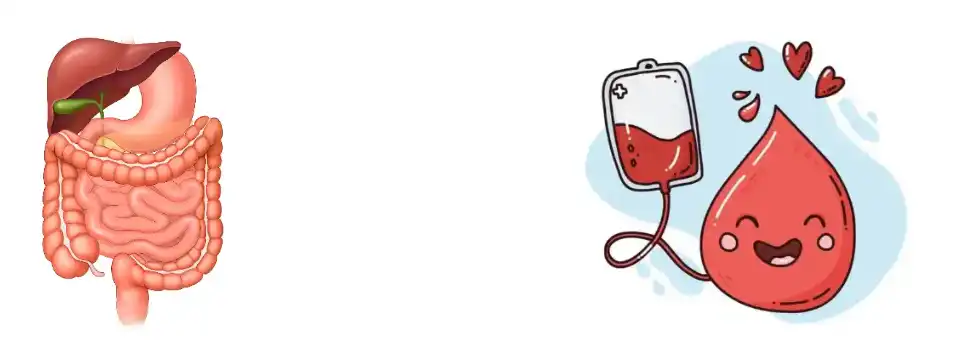
Ways to Improve Resveratrol Bioavailability
Advanced Formulation Techniques
To address the challenges of low bioavailability, researchers and manufacturers have explored various formulation techniques to enhance the absorption of resveratrol powder:
- Nanoencapsulation: This technique involves encapsulating resveratrol particles in nanoscale carriers, which can protect the compound from degradation and improve its solubility.
- Liposomal delivery: Encasing resveratrol in liposomes (tiny lipid bubbles) can enhance its stability and absorption in the gastrointestinal tract.
- Solid lipid nanoparticles: These lipid-based nanocarriers can improve the oral bioavailability of resveratrol by protecting it from rapid metabolism.
These advanced formulation techniques have shown promising results in preclinical studies, demonstrating increased bioavailability and prolonged circulation of resveratrol in the body.
Combination with Other Compounds
Another approach to improving resveratrol absorption involves combining it with other compounds that can enhance its bioavailability:
- Piperine: This compound, found in black pepper, has been shown to inhibit enzymes responsible for resveratrol metabolism, potentially increasing its bioavailability.
- Quercetin: This flavonoid may compete with resveratrol for metabolic enzymes, potentially slowing down its breakdown and prolonging its presence in the bloodstream.
- Curcumin: Some studies suggest that combining resveratrol with curcumin may have synergistic effects on bioavailability and health benefits.
Optimizing Dosage and Timing
Strategically timing resveratrol supplementation and adjusting dosage can also play a role in improving its absorption:
- Multiple smaller doses: Taking smaller doses of resveratrol powder throughout the day, rather than a single large dose, may help maintain more consistent levels in the bloodstream.
- Fasting vs. fed state: Some research suggests that taking resveratrol on an empty stomach may lead to higher peak concentrations in the blood, while taking it with a meal (especially one containing fat) may enhance overall absorption.
- Circadian considerations: Timing resveratrol intake to align with the body's natural circadian rhythms may optimize its effects, although more research is needed in this area.
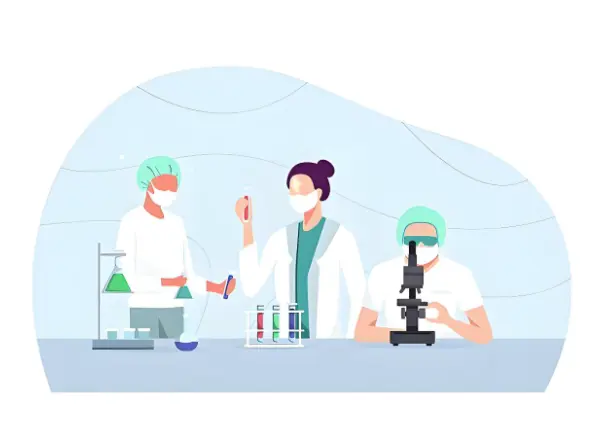
Health Benefits of Resveratrol Supplementation
Cardiovascular Health
Resveratrol has shown potential benefits for cardiovascular health in various studies:
- Antioxidant properties: Resveratrol acts as a powerful antioxidant, helping to neutralize free radicals and reduce oxidative stress in the cardiovascular system.
- Endothelial function: Some research suggests that resveratrol may improve the function of the endothelium, the inner lining of blood vessels, potentially enhancing blood flow and reducing the risk of atherosclerosis.
- Blood pressure regulation: Studies have indicated that resveratrol supplementation may help lower blood pressure in some individuals, particularly those with hypertension.
While these findings are promising, it's important to note that more large-scale human studies are needed to fully establish the cardiovascular benefits of resveratrol supplementation.
Neuroprotective Effects
Resveratrol has garnered attention for its potential neuroprotective properties:
- Cognitive function: Some studies suggest that resveratrol may help improve cognitive function and memory, particularly in older adults.
- Alzheimer's disease: Preclinical research has shown that resveratrol may help reduce the accumulation of beta-amyloid plaques, a hallmark of Alzheimer's disease.
- Neuroprotection: Resveratrol's antioxidant and anti-inflammatory properties may help protect neurons from damage and degeneration.
While these findings are encouraging, more research is needed to fully understand the neuroprotective effects of Resveratrol Powder in humans and to determine optimal dosages for these benefits.
Anti-Aging and Longevity
One of the most intriguing areas of resveratrol research is its potential impact on aging and longevity:
- Sirtuin activation: Resveratrol has been shown to activate sirtuins, a group of proteins associated with longevity and cellular health.
- Cellular senescence: Some studies suggest that resveratrol may help reduce cellular senescence, a process associated with aging and age-related diseases.
- Mitochondrial function: Research indicates that resveratrol may improve mitochondrial function, potentially enhancing cellular energy production and overall health.
While the anti-aging effects of resveratrol are promising in laboratory and animal studies, more research is needed to determine its long-term effects on human longevity and health span.

Conclusion
Resveratrol powder shows promising potential for various health benefits, but its efficient absorption in the human body remains a challenge, making the role of trusted Resveratrol Powder suppliers essential in providing high-quality, bioavailable formulations. Advanced formulation techniques, strategic combinations with other compounds, and optimized dosing strategies offer potential solutions to enhance bioavailability. While research on resveratrol's health benefits is encouraging, particularly in areas of cardiovascular health, neuroprotection, and anti-aging, more comprehensive human studies are needed to fully understand its effects and optimal usage.
For those interested in exploring high-quality resveratrol powder supplements, GreenHerb Biological Technology Co., Ltd offers a range of expertly formulated products. As a leading supplier of plant extracts and natural ingredients, GreenHerb ensures the purity and potency of their resveratrol powder through advanced production techniques and rigorous quality control. To learn more about their resveratrol products or to discuss your specific needs, contact their knowledgeable team at sales@greenherbbt.com.
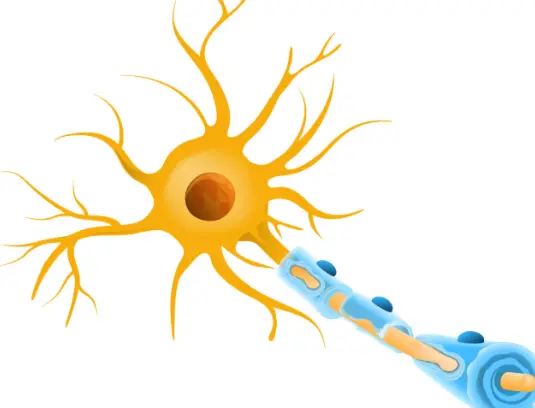
FAQs
How much resveratrol powder should I take daily?
Optimal dosage can vary depending on individual factors and health goals. Generally, doses ranging from 100-500 mg per day have been used in studies. It's best to consult with a healthcare professional for personalized advice.
Can resveratrol powder interact with medications?
Yes, resveratrol may interact with certain medications, particularly blood thinners and some cancer treatments. Always consult your doctor before starting any new supplement regimen.
Is resveratrol powder safe for long-term use?
While resveratrol is generally considered safe, long-term effects of high-dose supplementation in humans are not yet fully understood. It's advisable to use resveratrol under medical supervision, especially for extended periods.
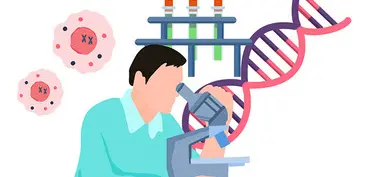
References
1. Walle, T. (2011). Bioavailability of resveratrol. Annals of the New York Academy of Sciences, 1215, 9-15.
2. Smoliga, J. M., Baur, J. A., & Hausenblas, H. A. (2011). Resveratrol and health – A comprehensive review of human clinical trials. Molecular Nutrition & Food Research, 55(8), 1129-1141.
3. Gambini, J., Inglés, M., Olaso, G., Lopez-Grueso, R., Bonet-Costa, V., Gimeno-Mallench, L., ... & Borras, C. (2015). Properties of resveratrol: In vitro and in vivo studies about metabolism, bioavailability, and biological effects in animal models and humans. Oxidative Medicine and Cellular Longevity, 2015.
4. Amri, A., Chaumeil, J. C., Sfar, S., & Charrueau, C. (2012). Administration of resveratrol: What formulation solutions to bioavailability limitations? Journal of Controlled Release, 158(2), 182-193.
5. Berman, A. Y., Motechin, R. A., Wiesenfeld, M. Y., & Holz, M. K. (2017). The therapeutic potential of resveratrol: a review of clinical trials. NPJ Precision Oncology, 1(1), 1-9.
